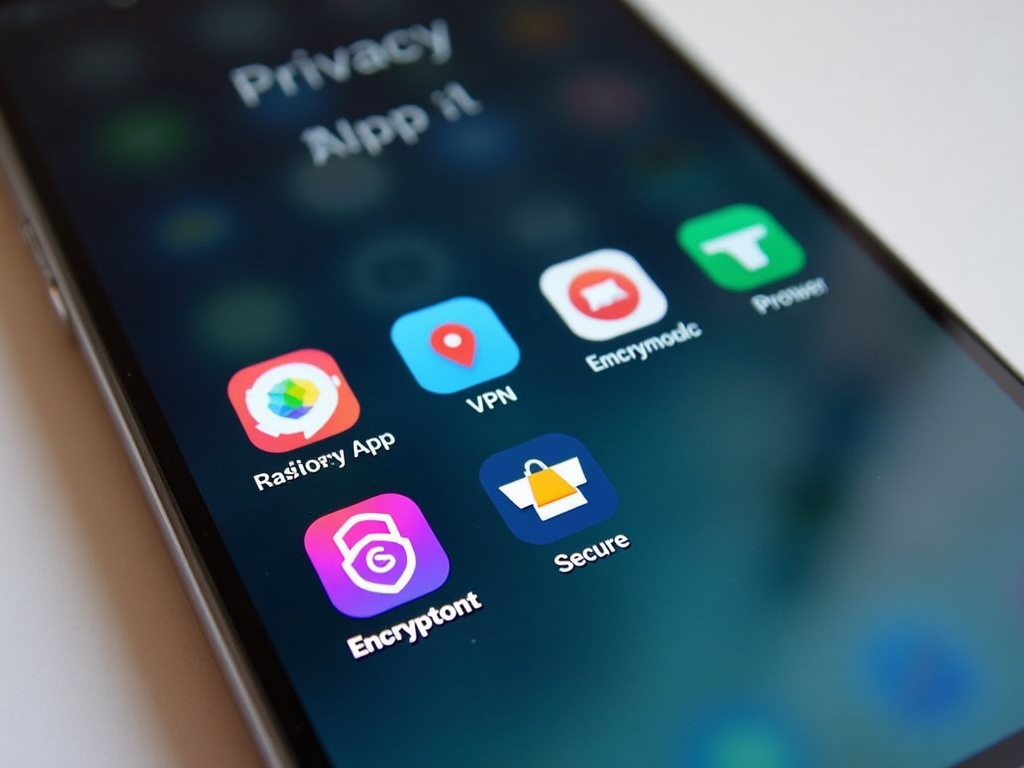Understanding VPNs: A Beginner's Guide
In today's digital age, protecting your online privacy and security is more important than ever. One of the most effective tools for achieving this is a Virtual Private Network, or VPN. This beginner's guide will help you understand what VPNs are, how they work, and why they are crucial for safeguarding your personal information online. Whether you're new to VPNs or looking to deepen your knowledge, this article will provide you with valuable insights and practical tips.

A VPN, or Virtual Private Network, is a service that creates a secure, encrypted connection between your device and the internet. Think of it as a private tunnel through which your data travels, shielding it from prying eyes. When you connect to a VPN, your internet traffic is routed through a remote server operated by the VPN provider. This server acts as an intermediary, masking your real IP address and making it appear as though your online activities are originating from the server's location.
To understand how a VPN works, let's break it down into simple steps:
- Connection: When you activate your VPN, it establishes a secure connection to one of the VPN provider's servers.
- Encryption: Your data is encrypted before it leaves your device, ensuring that even if it's intercepted, it can't be read.
- Tunneling: The encrypted data is sent through a secure tunnel to the VPN server.
- Decryption and Forwarding: The VPN server decrypts your data and forwards it to its intended destination on the internet.
- Response: The process is reversed for incoming data: the VPN server encrypts the response and sends it back through the tunnel to your device.
This process ensures that your online activities remain private and secure.

There are several compelling reasons to use a VPN:
- Privacy: By masking your IP address and encrypting your data, a VPN prevents websites, advertisers, and even your Internet Service Provider (ISP) from tracking your online activities.
- Security: VPNs protect your data from hackers, especially when using public Wi-Fi networks, which are often unsecured.
- Access to Geo-Restricted Content: VPNs allow you to bypass geographical restrictions and access content that may be blocked in your region.
- Anonymity: With a VPN, you can browse the internet anonymously, reducing the risk of targeted ads and data collection.
With so many VPN services available, it's important to choose one that meets your needs. Here are some factors to consider:
- Encryption Standards: Look for VPNs that use strong encryption protocols like OpenVPN or WireGuard.
- No-Logs Policy: Ensure the VPN provider has a strict no-logs policy, meaning they don't store your browsing history.
- Server Locations: More server locations give you greater flexibility in bypassing geo-restrictions.
- Speed and Performance: A good VPN should offer fast connection speeds without significant slowdowns.
- Ease of Use: The VPN should have a user-friendly interface and be easy to set up on your devices.

Setting up a VPN is straightforward. Here's a general guide:
- Choose a VPN Provider: Research and select a reputable VPN service.
- Download the App: Most VPNs offer apps for various devices, including Windows, macOS, Android, and iOS.
- Install and Log In: Install the app and log in with your account credentials.
- Connect to a Server: Choose a server location and click connect.
- Verify Your Connection: Ensure your IP address has changed and your connection is secure.
For Android users, configuring a VPN like IVPN for maximum privacy involves additional steps:
- Enable the "Always-on VPN" feature to ensure your connection is always protected.
- Use the "Block connections without VPN" option to prevent data leaks.
- Customize the VPN settings to use the strongest encryption available.
There are several myths about VPNs that need to be addressed:
- VPNs Are Illegal: In most countries, using a VPN is perfectly legal. However, some countries restrict or ban VPN usage.
- VPNs Slow Down Your Internet: While VPNs can cause a slight decrease in speed due to encryption, a good VPN service minimizes this impact.
- All VPNs Are the Same: VPNs vary greatly in terms of security, privacy, and performance. It's important to choose a reputable provider.

VPNs are a crucial part of your online privacy toolkit, but they work best when combined with other tools. For instance, using a secure browser like Brave or Firefox with privacy extensions can further enhance your protection. Additionally, Android users can benefit from privacy-focused apps that complement their VPN usage.
In summary, VPNs are essential for anyone looking to protect their online privacy and security. By understanding how VPNs work and choosing the right service, you can safeguard your personal information and enjoy a safer internet experience. Remember to use your VPN in conjunction with other online privacy tools for maximum protection.